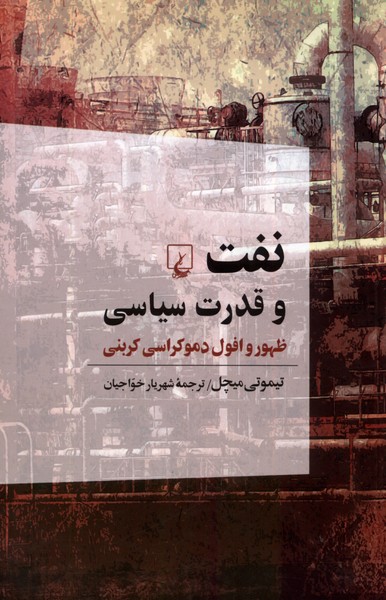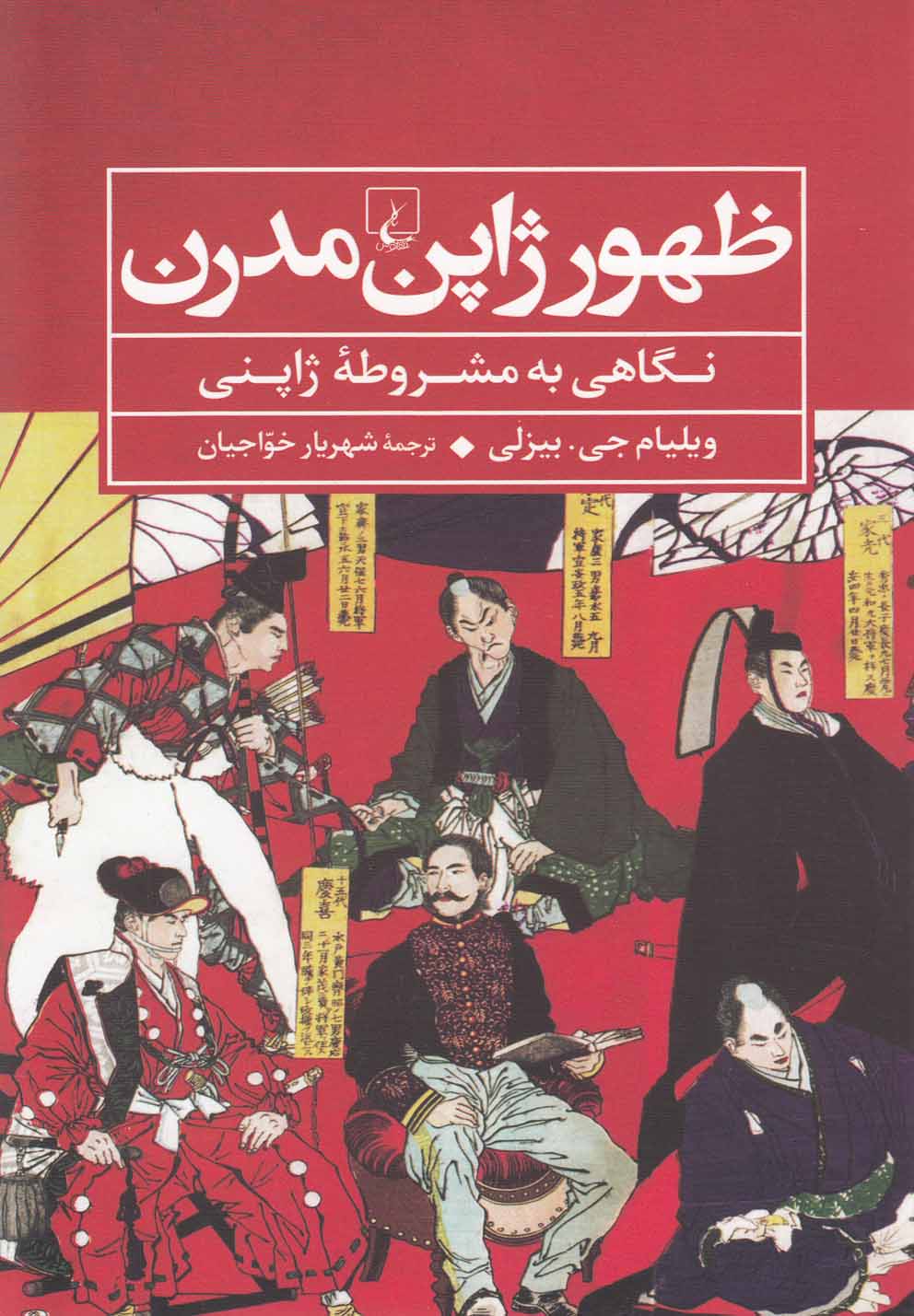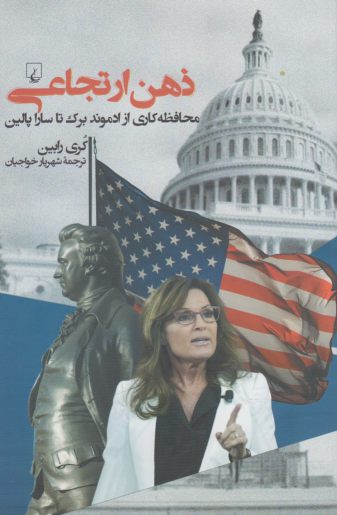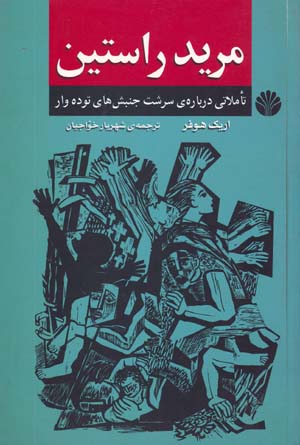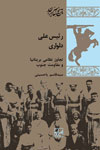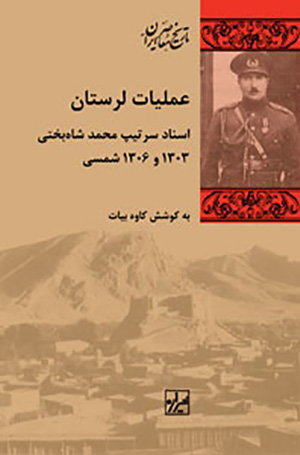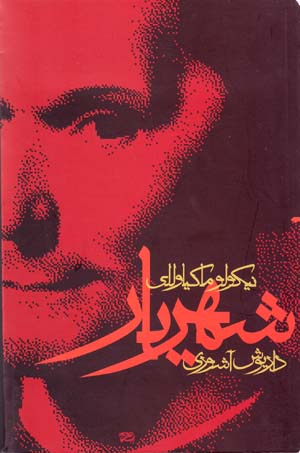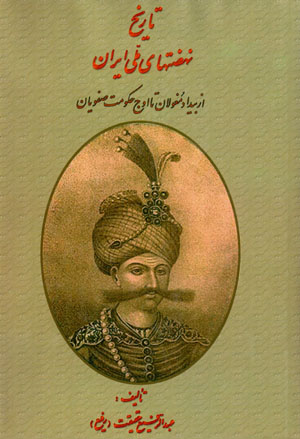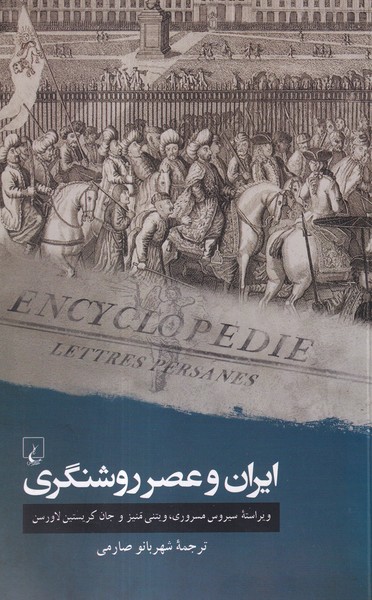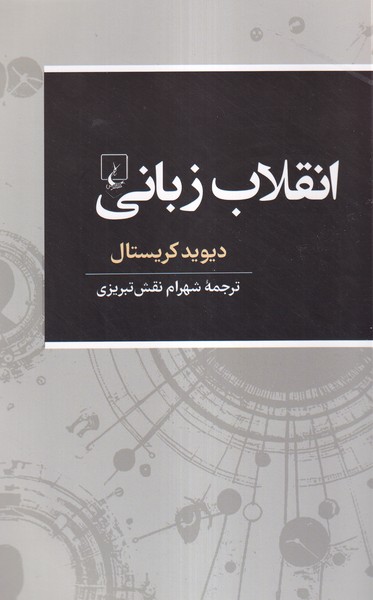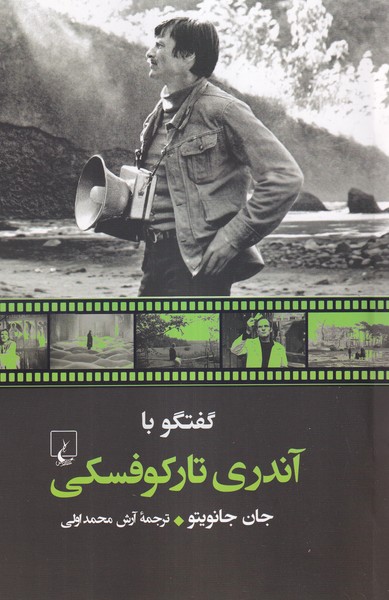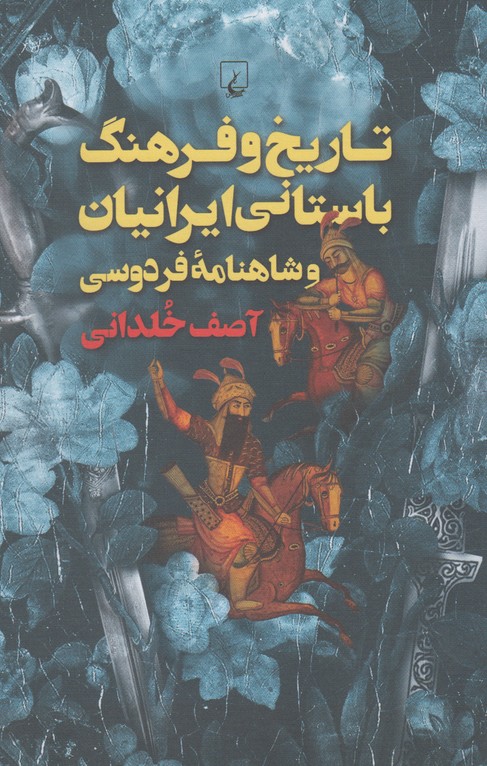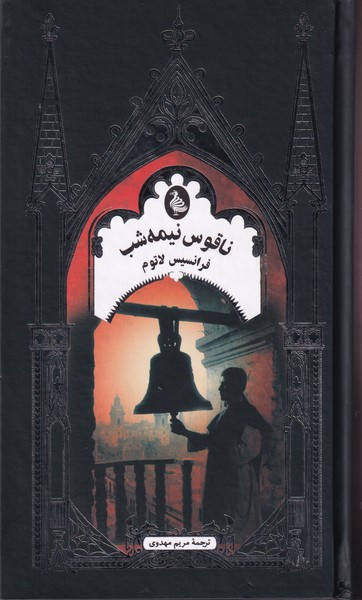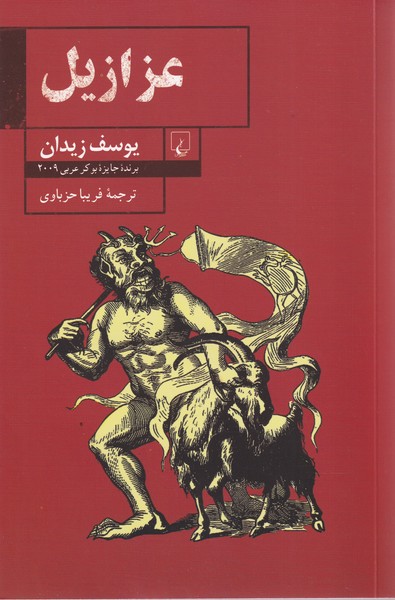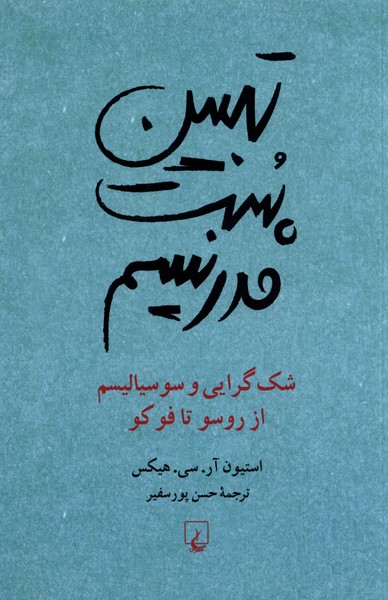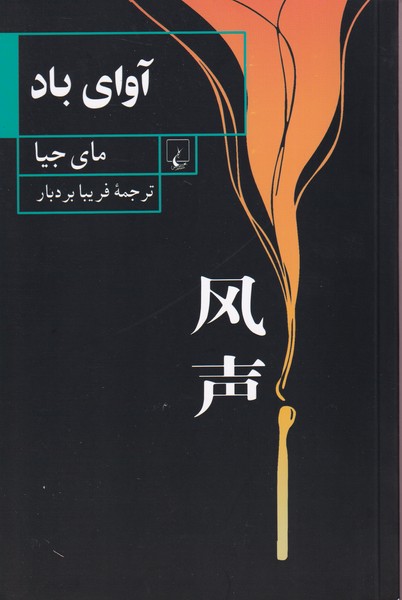Naft va Qudrat-i Sīyāsī (Ẓuhūr va Ufūl-i Dimukrasī): Persian 1402
نفت و قدرت سیاسی (ظهور و افول دموکراسی)
17.40 £
Share
Wishlist
Original Title:
Carbon Democracy: Political Power in the Age of Oil
ISBN:
9786220405153
Translator:
Shahrīyār Khavvājīyān
Publisher:
Quqnus
Age Group:
Adult
Pages:
448
Weight:
506 g
Dimensions:
14 x 21 x 4 cm
Book Cover:
Paperback
Oil is a curse, it is often said, that condemns the countries producing it to an existence defined by war, corruption, and enormous inequality. Carbon Democracy tells a more complex story, arguing that no nation escapes the political consequences of our collective dependence on oil. It shapes the body politic both in regions such as the Middle East, which rely upon revenues from oil production, and in the places that have the greatest energy demand.
Timothy Mitchell begins with the history of coal power to tell a radical new story about the rise of democracy. Coal was a energy source so open to disruption that oligarchies in the West became vulnerable for the first time to mass demands for democracy. In the mid-twentieth century, however, the development of cheap and abundant energy from oil, most notably from the Middle East, offered a means to reduce this vulnerability to democratic pressures. The abundance of oil made it possible for the first time in history to reorganize political life around the management of something now called “the economy” and the promise of its infinite growth. The politics of the West became dependent on an undemocratic Middle East.
In the twenty-first century, the oil-based forms of modern democratic politics have become unsustainable. Foreign intervention and military rule are faltering in the Middle East. At the same time, governments everywhere appear incapable of addressing the crises that threaten to end the age of carbon democracy—the disappearance of cheap energy and the carbon-fuelled collapse of the ecological order.
In making energy production the central force shaping the democratic age, Carbon Democracy rethinks the history of energy, the politics of nature, the theory of democracy, and the place of the Middle East in our common world.
more
چه ارتباطی بین دموکراسی و سوخت فسیلی وجود داد؟ سوخت فسیلی هم دموکراسی مدرن را ممکن می سازد و هم محدودیت هایی برای آن ایجاد می کند. برای درک این محدودیت ها باید با آنچه ظهور گونه مشخصی از سیاست دموکراتیک را ممکن می سازد، آشنا شویم. چیزی که نام آن را دموکراسی کربنی می گذاریم. در پی حمله آمریکا به عراق در سال 2003 در مورد یکی از این محدودیت ها بحث های زیادی شد. اغلب گفته می شود که یکی از ویژگی های برجسته خاورمیانه فقدان دموکراسی است و از نظر بسیاری از کسانی که درباره این منطقه مهم و حیاتی می نویسند، نفت عامل این فقدان است. کشورهایی که بخش عمده ای از درآمدشان از صادرات نفت به دست می آید، کمتر به دموکراسی گرایش دارند. موج خیزش هایی که جهان عرب را در سال 2011 درنوردید حکایت از رابطه مستقیم بین درآمدهای بالای نفتی و مشکل مطالبات فزاینده مردم برای برخورداری از زندگی دموکراتیک و برابرتر داشت. در مجموع هر چقدر که کشوری نفت کمتری تولید می کرد و تولید آن نیز سریع تر کاهش پیدا می کرد، مبارزات دموکراسی خواهانه در آن گسترده تر بود. تونس و مصر که خیزش در آن ها آغاز شد و یمن، بحرین و سوریه که قیام به سرعت در آن ها گسترش یافت، از جمله کوچک ترین تولیدکنندگان نفت منطقه بودند و در همه آن ها نیز تولید نفت رو به کاهش داشت. در این کتاب، نویسنده تاریخ انرژی را مورد بازاندیشی قرار می دهد و درکی از سیاست های زیست محیطی، مبارزه برای دموکراسی و جایگاه خاورمیانه در جهان پست مدرن به دست می دهد.
more

